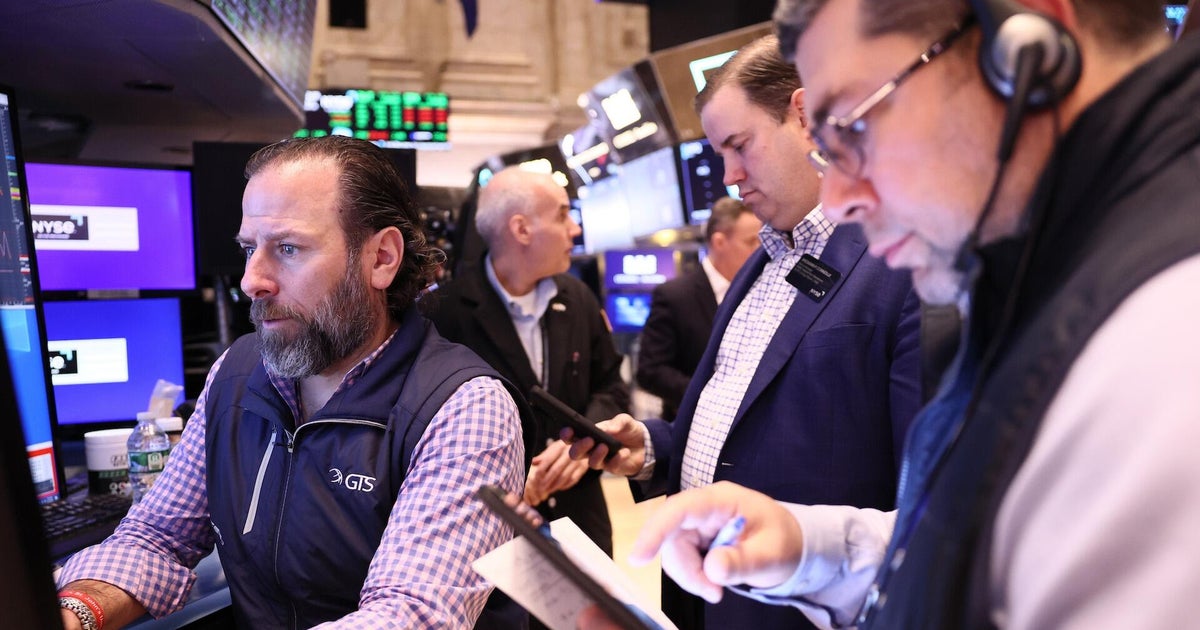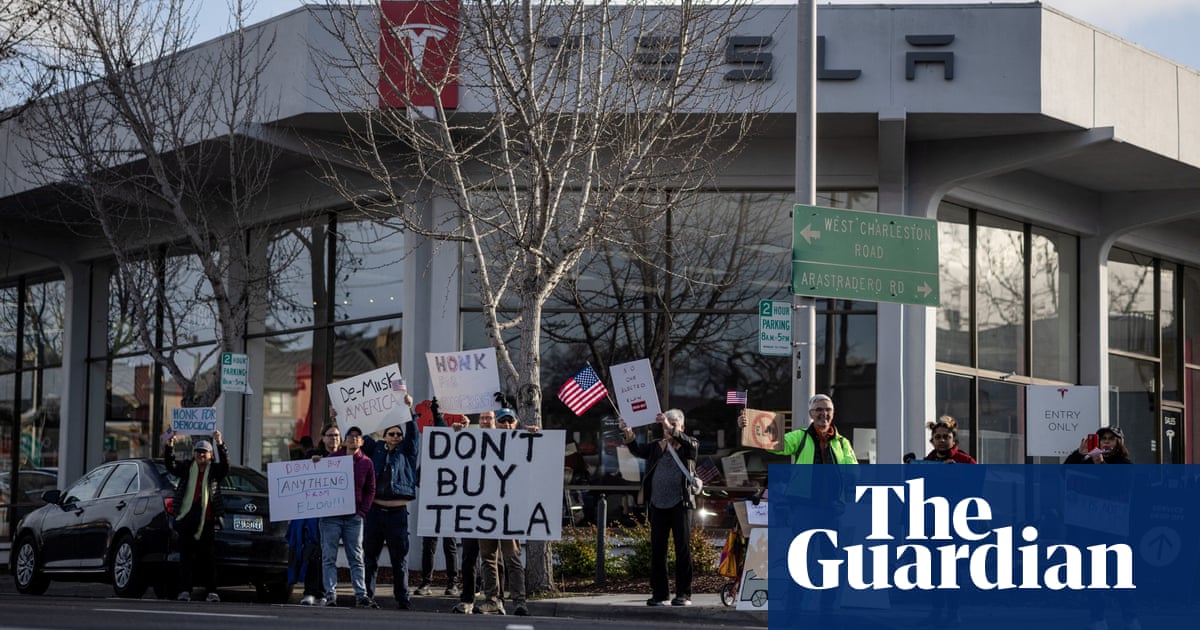
UK food inflation increases as shoppers buy Easter eggs early
Food inflation increased last month, driven by price rises in chocolate and confectionery, while Britons have already splashed out £134m on Easter eggs and other seasonal sweets despite the late fall of the holiday.
Sales at the UK’s main grocers rose 3.2%, just behind grocery inflation which rose to 3.5% in the month to 23 March. In the previous month inflation was 3.3%, according to the industry analysts Kantar.
Despite Easter not falling until late April, significant numbers of consumers have begun shopping for chocolate eggs, while a third of households have bought hot cross buns.
Fraser McKevitt, the head of retail and consumer insight at Kantar, said supermarkets were trying to tempt shoppers to spend by ramping up promotions to £2.6bn, almost 9% more than last year. Discounted goods accounted for 28.2% of the total industry sales – the highest proportion in four years.
“With prices continuing to rise, supermarkets are mindful of the need to invest to attract shoppers through their doors,” McKevitt said.
While the number of people saying they are financially struggling has fallen in the past few years, having peaked at 27% in October 2022, almost a quarter (22%) of the country is still in that bracket.
As the cost of key basics, such as butter, continues to increase, the rising cost of groceries ranks third on the list of households’ concerns, just behind energy bills and the country’s overall economic outlook.
The cut-price supermarket Lidl was the fastest growing physical chain; its sales were up 9.1% in the three months to 23 March, taking its share of the market to 7.8%, less than 1 percentage point behind its bigger rival Morrisons. However, the upmarket online grocer Ocado increased sales by the most overall – up 11% to take 2% market share.
Asda – the UK’s third largest supermarket – was the only chain to post a sales fall. It was down 5.6%, lowering its share of the market by just over one percentage point year on year to 12.5%.
after newsletter promotion
The fall does not indicate a strong start to Asda’s plans to win back shoppers with lower prices. The chain’s listed rivals – Tesco, Sainsbury’s and Marks & Spencer – had £4bn wiped off their stock market values last month after Asda said that its profits were likely to decline this year as it invested more in cutting prices and putting more staff in shops.
Its bigger rivals Tesco and Sainsbury’s took big chunks of market share as they continued to grow strongly, as did Aldi – the UK’s fourth largest grocer.
Supermarket cafes are experiencing dwindling sales as shoppers try to keep a lid on their grocery bills. There were 200,000 fewer visitors to supermarket cafes over the course of the past year, according to Kantar. A number of retailers have been closing their cafes or bringing in outside operators to run them.










